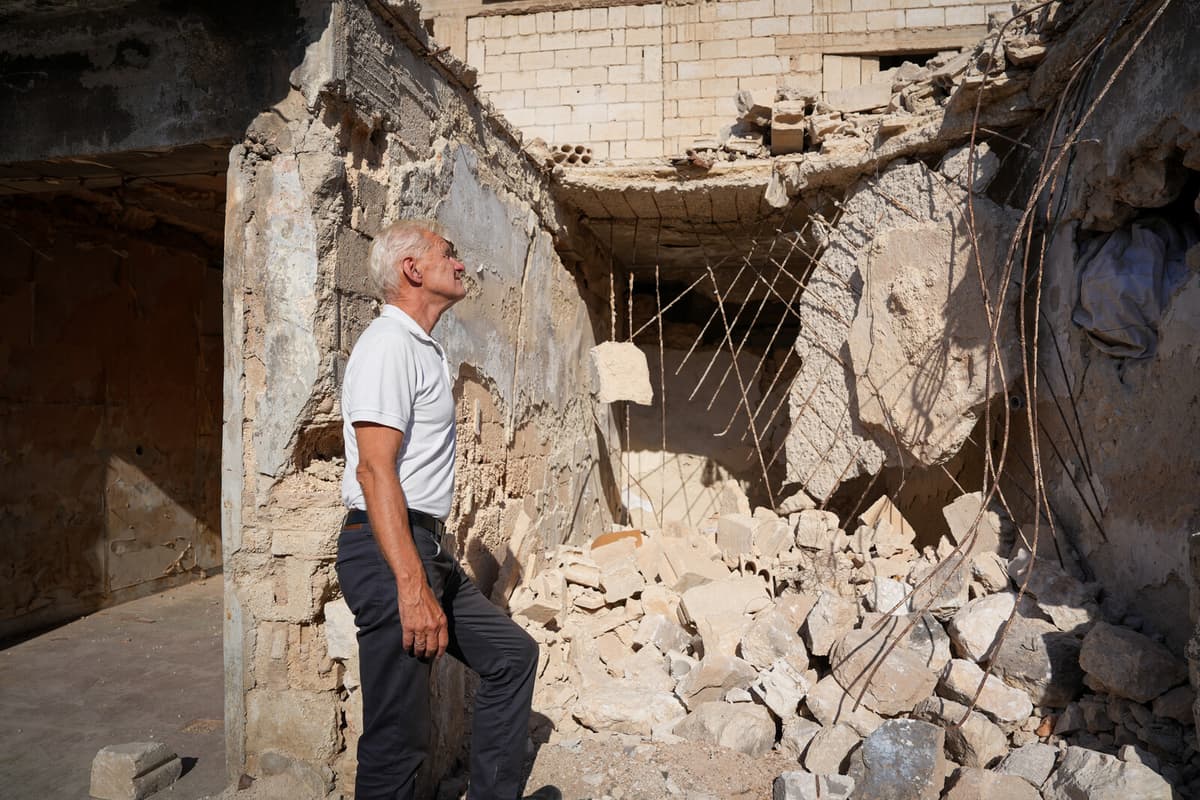Aid workers are being laid off, schools in refugee camps are being closed, and food rations are becoming increasingly smaller.
The great hope that arose when Assad was overthrown by the then Islamist leader Ahmed al-Sharaa, who is now the country's interim president, is beginning to fade.
There is less and less aid every day. What is happening in Syria has been overshadowed by Ukraine and Gaza, says Jan Egeland by phone from Damascus.
There, he met the country's foreign minister Asaad al-Shaibani, after al-Sharaa cancelled at the last minute.
They feel that it is moving slowly to get the international solidarity and investments that were given strong signals when Assad fell, says Egeland about the new government.
"Cannot punish millions"
I think it's a historic mistake, because you can't punish millions of people who suffered under the Assad regime, and now can and want to go home, just because there is new unrest in other parts of the country.
The new unrest, which Egeland also discussed with the new regime, refers to the violence that has occurred against Christian and Shia Muslim minorities, mainly in the country's western and southern parts. Among other things, Sunni militias, and in some cases individuals who claim to represent the new Syrian army, have been accused of abuses against minority groups.
The big change (after Assad) is that it used to be the majority population, Sunni Muslims, who felt insecure. Now it's the minorities. And the authorities say they can't handle all the local contradictions and conflicts at the same time, says Egeland.
The situation in the affected areas, most recently al-Suwayda (Sweida) in southern Syria, is bad. Ancient contradictions between Druze and Bedouins have flared up again and worsened during the shift in power, which culminated in bloody clashes in July.
Difficult conditions
But these problems should not affect the outside world's willingness to help the Syrian people, thinks Egeland. After Assad, trusted aid organizations are allowed to operate freely in the country. For Syria to have a chance at democratic development, the basic living conditions for the many internally displaced persons must improve - otherwise, the difficult conditions risk increasing the desire for revenge actions and more violence, according to the aid chief.
Foreign Minister al-Shaibani replied to Egeland that the government is doing its utmost to combat the unrest that has arisen.
They say the right things, but we must see that this also happens in practice.






